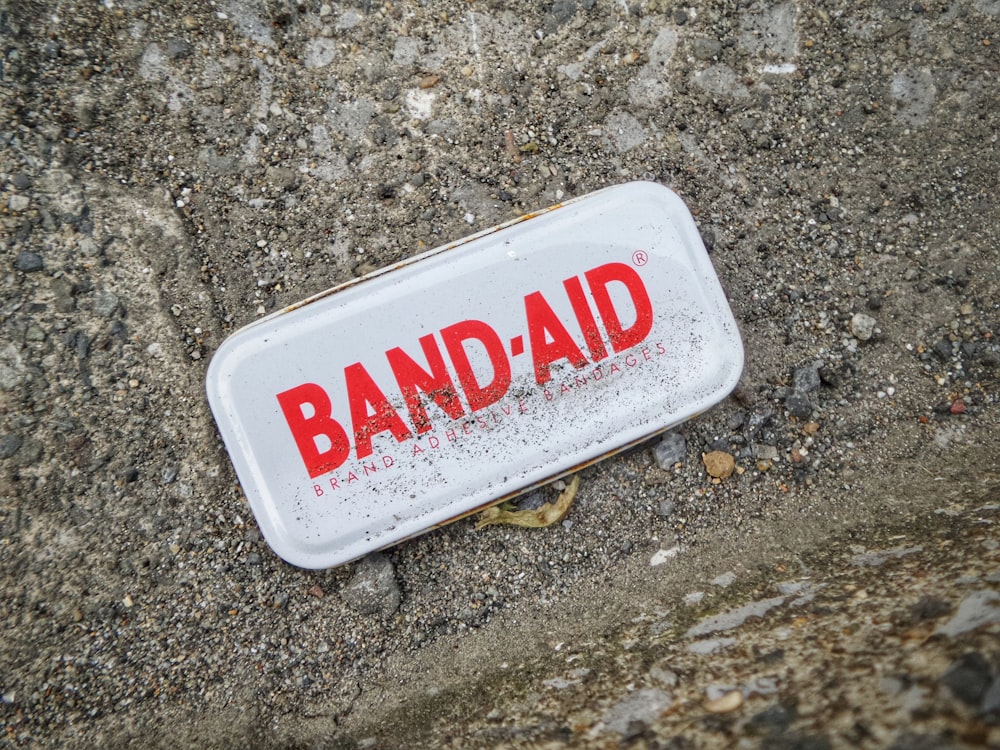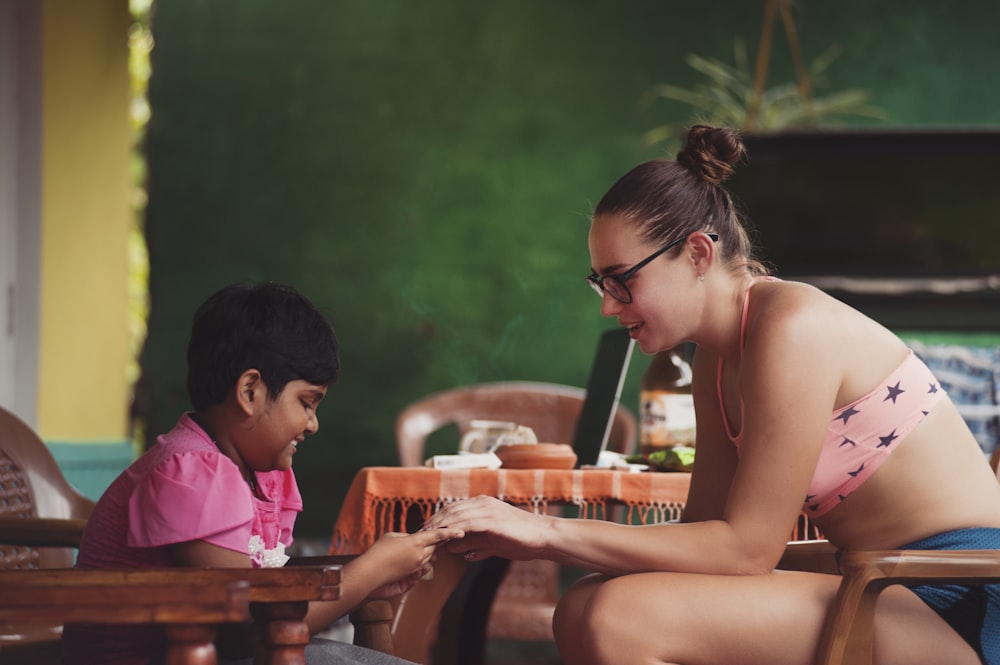Mistakes. We all make them. No one is immune. Even so, most of us don't feel very proud of mistakes or feel much comfort around them. They tend to be things we brush under the rug or would love to forget. I'm sure you've heard that people can learn from their mistakes, but who of us can say we actually value our mistakes or the potential learning opportunity when they happen? Very few. It may take months or even years before we can actually enjoy the benefit of the lessons learned, if we learn them at all. I believe much of how we perceive our mistakes comes from old programming. So many of us react to mistakes with ample criticism, which is always counterproductive. But what if we didn't dread mistakes? What if we took a whole different approach? What if there truly is a more enlightened, healing way to move beyond the uncomfortable or painful? What if we could heal the feeling of making mistakes? Let's take a look at how this might play out.
I believe parents and teachers have a lot to do with how children grow up framing mistakes. If you had a stressed, angry or even narcissistic parent or teacher, your "mistake" might trigger their frustration or anger, or provoke them to shame or punish you. Your response to that, might be guilt. It's as if the guilt appears as a type of dysfunctional humility, or self-punishment to that type of harsh response from a parent, boss or teacher. In one way, guilt is a form of self-victimization. Knowing that narcissism is a factor of expansive egoism, you might think that guilt is the opposite. However, the late author and Spiritual teacher Dr. David Hawkins, agrees with Buddhism, which says that guilt is actually also very egotistical, which I found fascinating. Both guilt and shame are low calibrating energies, because they move us away from the Spiritual and toward the ego. In some ways, they are the yin and yang of ego, dealing with mistakes in the lower energies. A person who feels guilt or shame about mistakes will hide them and do anything to avoid fear of being found out. It seems like those who were taught mistakes were shameful and worthy of punishment and guilt, continue to teach that through their beliefs and actions.

If we can look at mistakes as inevitably showing up now and then, we can also start coming from the attitude of, oh, wow, there's a mistake. Yep. I figured one of these days that would happen. Then, inquire and be reasonable. These are my favorite four guide questions when dealing with mistakes. They are: Where did I go wrong? What happened? What didn't I know? What do I know now? Once you establish those criteria, unpack the scenario with understanding. Then, of course it's time for compassion that comes from the realization that there will be times that we JUST DON'T KNOW despite our best efforts. The mistake can now be seen as a learning opportunity and becomes a productive and constructive bounding off point. We might even say it could now help us to move ahead more quickly, learn something faster, or become more clear. When we look with compassion, we can offer a more healing perspective about our mistakes. When we choose to do this, our responses become both healing and empowering. This is how we can begin to integrate mistakes into our lives more positively. In fact, I'd like to ban the word "mistakes" and officially call them "learning opportunities". That way, they no longer would foster criticism, guilt, anger or shame.
Using this perspective allows us to be in a space of embracing the facts about "learning opportunities": NO ONE knows everything. In the course of living life, you inevitably find yourself not knowing something that you might wish you knew. Very young children don't instinctively know that an outlet or a stovetop can burn and harm them. They can easily make the mistake of touching one. That mistake likely won't happen twice. No matter how old we are we must face the reality that this big beautiful world will never run out of things to teach us. That's a pretty amazing Reality if you fully embrace it. It ensures life will challenge us, keep us vital and growing and bring freshness that will not allow us to get stale. We realize we must be present in this life, and "learning opportunities" will keep us learning and on our toes. Two other things to consider; one being, that living life trying to avoid making mistakes gravely shrinks our experience of life and two, doing so also decreases our sense of resilience and optimism about our own capacity.
I'll leave you with this: we can use learning opportunities as moments to impart deep wisdom, humility and compassion and create a legacy of healing actions which can touch many, many lives like ripples in a pond. (Especially if you are in a position of responding to a youngster's error, I hope you will keep this in mind.) If we can cultivate the presence to give this gift, it will surely be one that keeps on giving. It can help all of us to achieve on much greater Self-honoring levels as well as make that experience of succeeding richer, more meaningful and satisfying. Imagine, for a moment, the profound possibilities in using this strategy. It is incredibly empowering to understand that you have the ability to lessen guilt, fear, anger and shame in others as well as yourself by responding positively--rather than reacting negatively--to mistakes. It's a simple, healing lesson that can make a vital and much needed difference in our world today. I hope you will give it a try!



